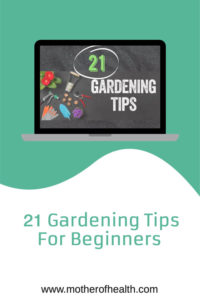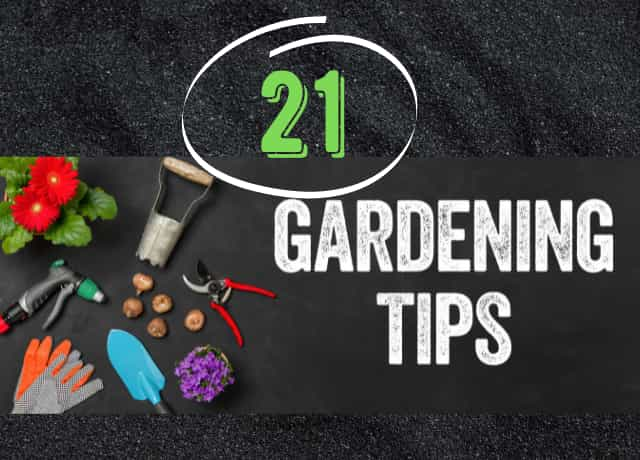Gardening can be challenging, especially if you're new to it. In this blog post, we will discuss 21 gardening tips for beginners to help your garden grow healthy and strong!
21 Gardening Tips For Beginners
Gardening Tip #1: Grow vegetables your family likes to eat
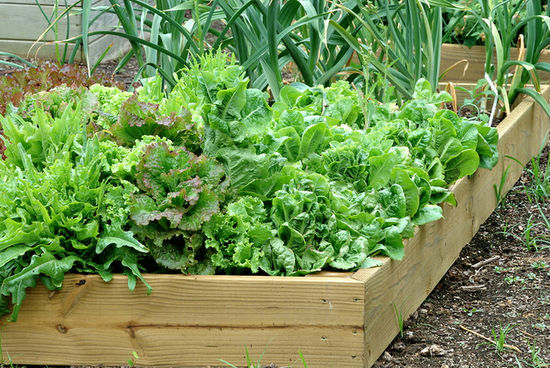
No sense planting spinach if no one will even taste it. On the other hand, try a few veggies that are new to you.
For example, Chinese beans grow over a foot long and taste similar to green beans.
Leeks look like scallions (green onions) on steroids and have a milder taste than onions.
Sweet peppers from the store are rather blah, but garden-ripened peppers are sweeter and more flavorful. Did you know that green peppers will eventually ripen red?
Try miniature carrots, tiny tomatoes, or giant pumpkins.
Gardening Tip #2: Think hard about planting corn
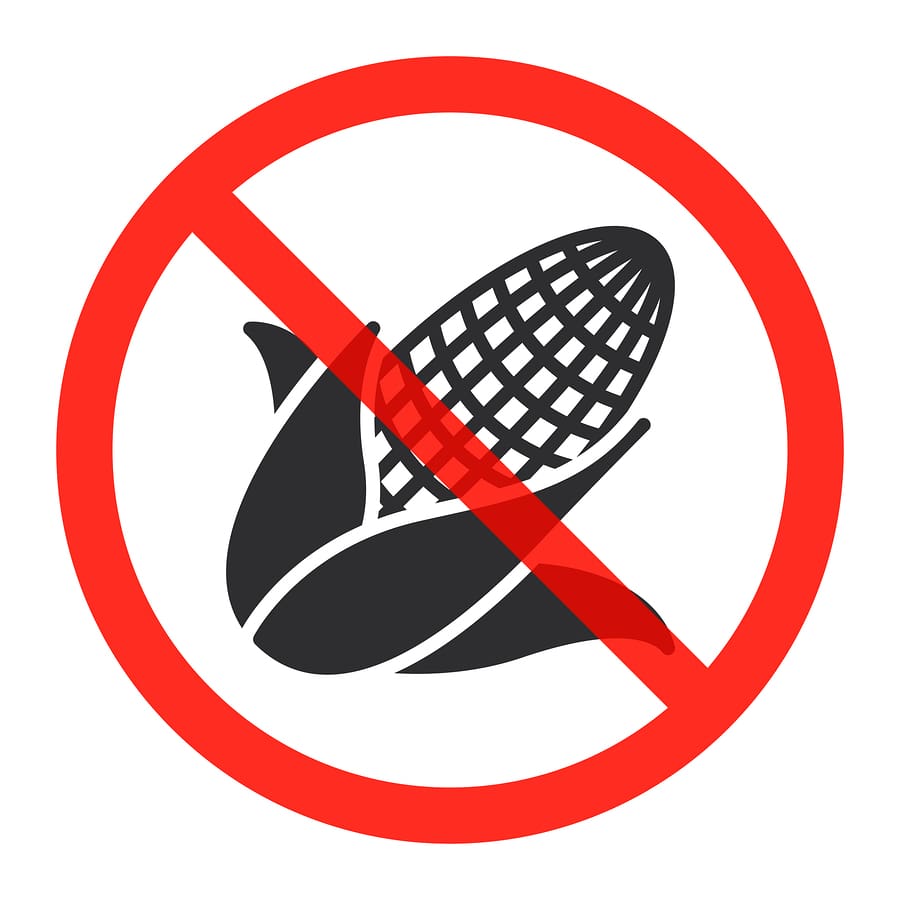
Yes, the flavor of freshly picked corn can't be beaten, but it's a ground hog. The plants must be 3 feet apart and produce only 2 ears of corn each. Most varieties take a while to reach maturity, nearly all summer.
If you do decide to plant corn, plant heirloom varieties, these taste more like corn than hybrids, which have been bred to taste sweet. You can also save an ear of corn as seeds and the heirloom varieties will grow true to their parents while hybrid corn may or may not.
Gardening Tip #3: Don't waste space
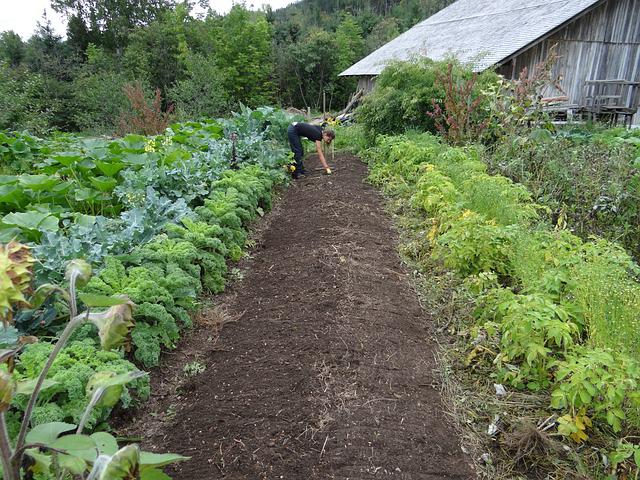
Don't waste space on vegetables that taste about the same whether from the store or garden.
For example, Broccoli is a rather large plant up to three feet wide and tall.
Cabbage and cauliflower grow to two feet In diameter: Garden broccoli, cauliflower, and cabbage taste about the same as store-bought.
The exception is if you grow these vegetables yourself you control what fertilizer and pesticides you use. You also know that your vegetables are not GMO Genetically Modified
Gardening Tip #4: Test the viability of old seeds
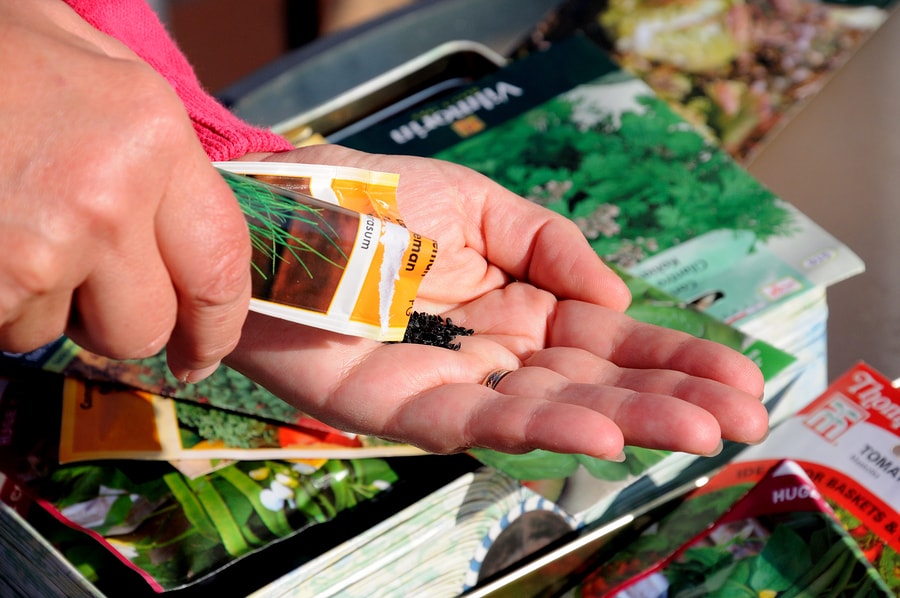
Yes, seeds found in the tombs of ancient Egypt have sprouted but that doesn't mean your old seeds will.
Place 10 or so seeds in a bowl of water and then in a warm – but not hot- place. The seeds should show embryonic rootlets after a week or so. You might have to change the water once or twice to keep it fresh. If these seeds don't sprout, the rest of the package of seeds probably won't either.
Related – How to Grow Plants from Seeds for the Greatest Success
Garden Tip #5: Know your growing zone and choose vegetables accordingly
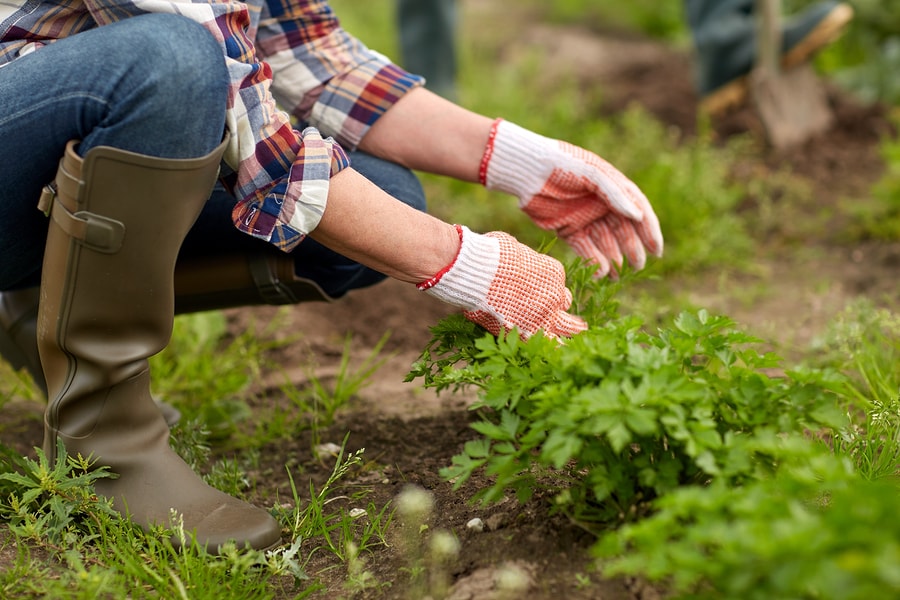
If you live where winters are long and frost comes as early as the end of August, tomatoes with a long maturation cycle will probably freeze before ripening, so buy well-started plants with a short maturation cycle.
Plants are stressed in the Southern states because of the heat and humidity. The summer heat and dryness of the Southwest is a challenge as well. However, in desert areas, you can pretty much grow plants all year long.
Garden Tip #6: Naturally improve your soil – Rotate your crops
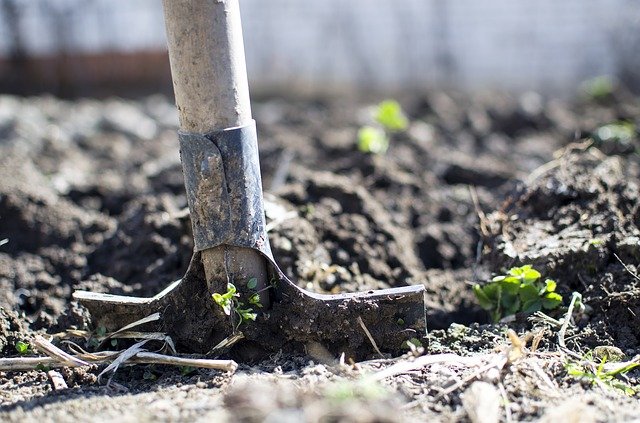
Beans put nitrogen into the soil while squash gobbles it up. Instead of pulling up spent plants, chop them with the edge of a sharp spade and bury them in the soil. As they decay they'll add nutrients to the soil.
Start a compost pile. Add vegetable peelings, coffee grounds, tea bags, leaves, and garden waste to a sunny spot in the yard. Sprinkle with ammonia sulfate, then cover with a layer of soil.
Keep layering organic material, ammonia sulfate, and soil all season long. By the next spring you'll have a lovely pile of compost. You may even be able to use some of the compost in late summer.
If you add potato peelings to the compost don't be surprised if you find a few potato plants sprouted. And yes, if you let them grow you will get potatoes.
Gardening Tip #7. Compost Your Scraps
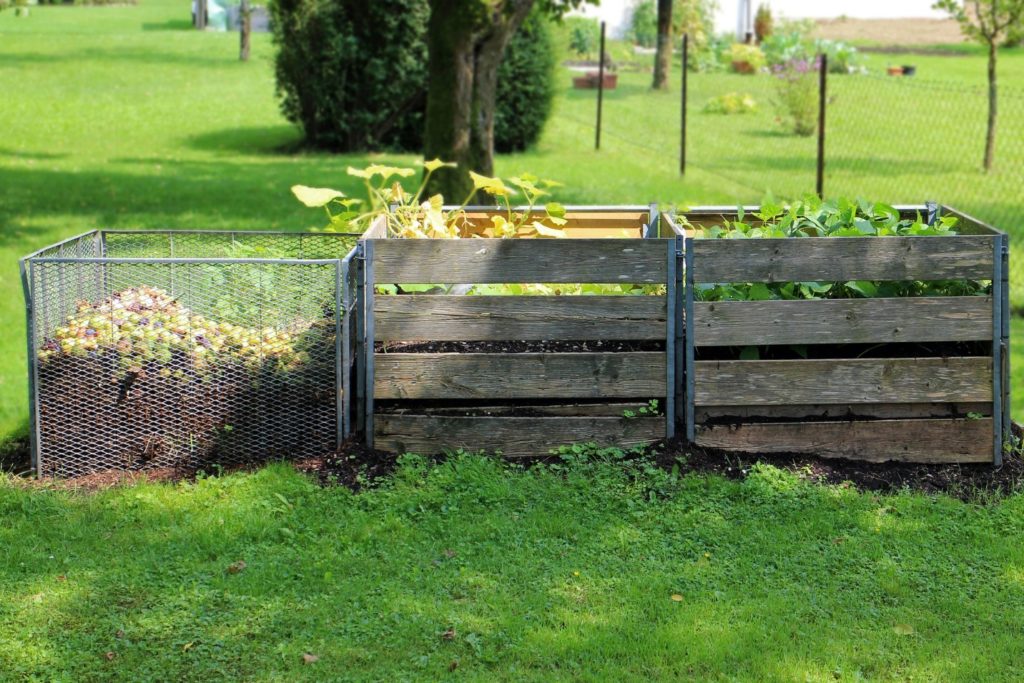
If you have a compost pile (and you should), do not add protein sources such as cheese or meat. These items attract vermin and snakes. While the vast majority of snakes are non-venomous, a bite from one can be serious because of a potential infection that requires medical attention.
Rats, mice, and raccoons are attracted to protein sources and eggshells as well. Once they move in, they're very hard to get rid of.
Related: How To Start a Compost Bin and Turn Your Scraps into Black Gold
Gardening Tip #8: Water Deeply Only When Needed
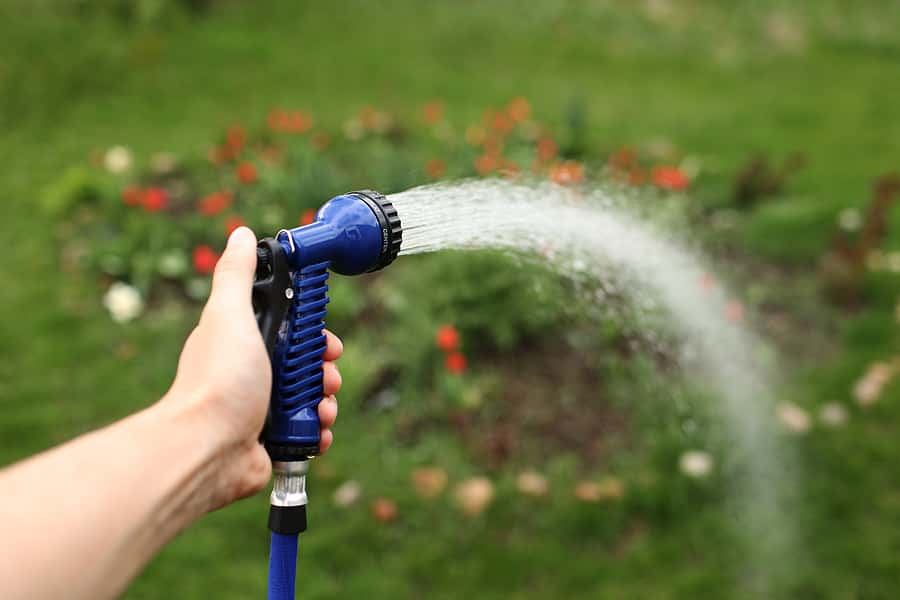
Water when the garden needs it, not on a set schedule. Experts say water if the garden hasn't received an inch of rain per week. That method doesn't take into account extremely humid weather, dry weather, or the age of the plant.
Seedlings have a difficult time recovering from lack of water, and even if they do recover, they often remain stunted.
It's better to test the soil for moisture. Dig a small hole four to six inches deep, if the soil is moist you don't need to water, if it's dry do water. And water deeply, just don't spray with the hose.
Water the soil and down to the root zone of the plant as opposed to overhead watering. Tomatoes, peas, beans, melons, and squash are all more susceptible to diseases like late blight when their leaves are wet.
Gardening Tip #9: Use natural herbicides
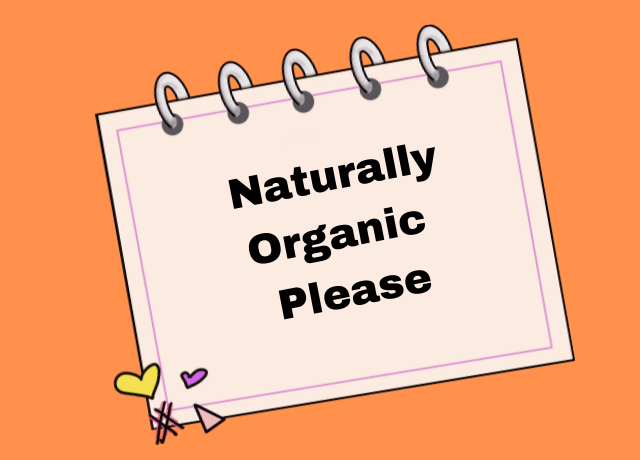
The three most effective ways to rid a garden bed of weeds are an organic mulch of newspaper and straw; plastic mulch and cover crops.
If there is a large area of weeds, cover it with black plastic garbage bags. Secure with rocks. The sun heats the black plastic and cooks the weeds and the seeds of the weeds.
Boiling water will also kill most weeds, just don't get the water on your veggies.
Gardening Tip #10: Don't run for the pesticide when you see bugs
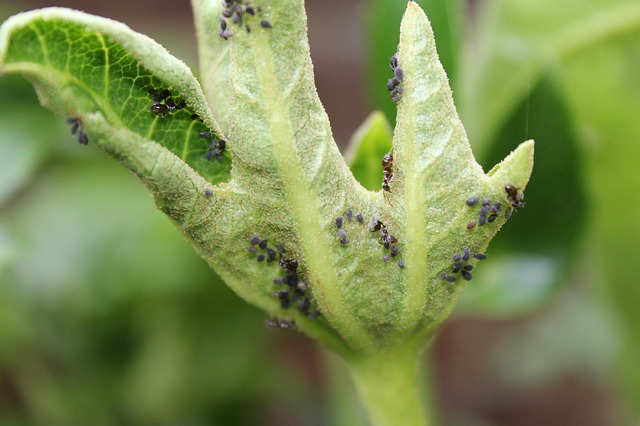
Another important gardening tip for beginners to remember is – It's better for you and the plants if you use natural methods rather than chemicals.
For example, if slugs and snails are a problem, set out jar lids of beer. The snails fall in and drown.
Spray a mixture of water and dishwashing liquid on aphids or crush them with your gloved hands.
Pluck off the cabbage and cutworms then bury or drown. Make a habit of inspecting your garden for pests before they take over.
Not all bugs are bad. Bees, butterflies, and ladybugs are all helpful in the garden. If you're unsure of a bug, snap a photo on your phone and ask your local garden center what it is and what you should do about it.
Rabbits are cute little critters until they get into your garden. If they're a problem where you live, fence the garden with chicken wire but also bury the chicken wire about 6 inches deep with a 6-inch lip going away from the garden. The rabbits can dig but will hit the wire and be discouraged.
Gardening Tip #11: Plan for fresh veggies all season long with successive plantings
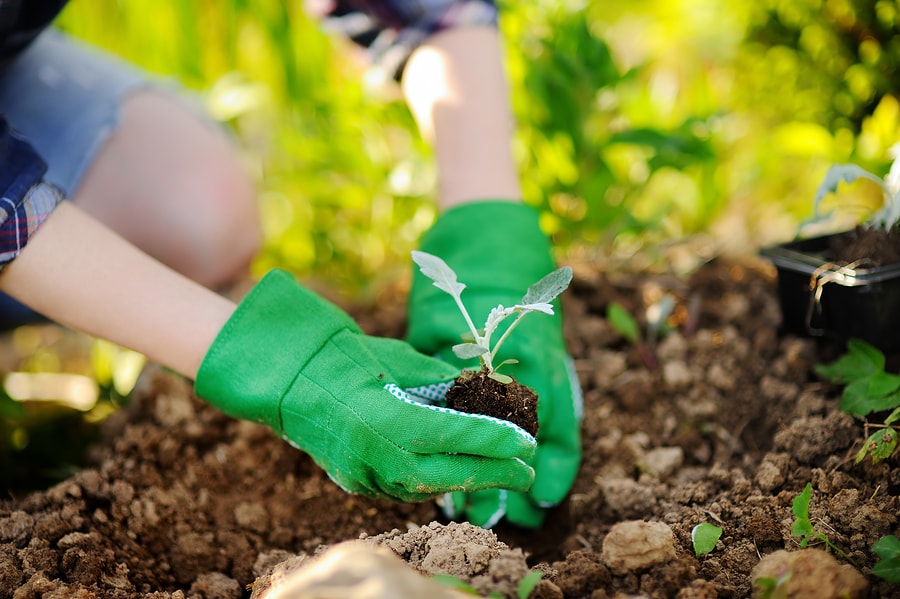
Succession planting is a way of increasing production by making sure all the space in your garden is growing something all the time. It makes use of the vacant space left after you harvest a crop by replacing it with a new, fast-maturing crop.
Some crops such as carrots, onions, and beets produce one harvest. So plant new seeds every couple of weeks. Other vegetables such as cucumbers, peppers, and squash produce all season, as long as you keep harvesting.
Determinate or indeterminate — tomatoes that is. If you want nearly all the tomatoes ripening within a short period of time, say for making batches of tomato sauce, then plant determinate varieties.
If you want tomatoes all summer long, then indeterminate tomatoes are for you. Keep in mind that smaller varieties of tomatoes, even cantaloupes can grow on a trellis. Chose pole beans instead of bush beans.
Gardening Tip #12: Create verticle space
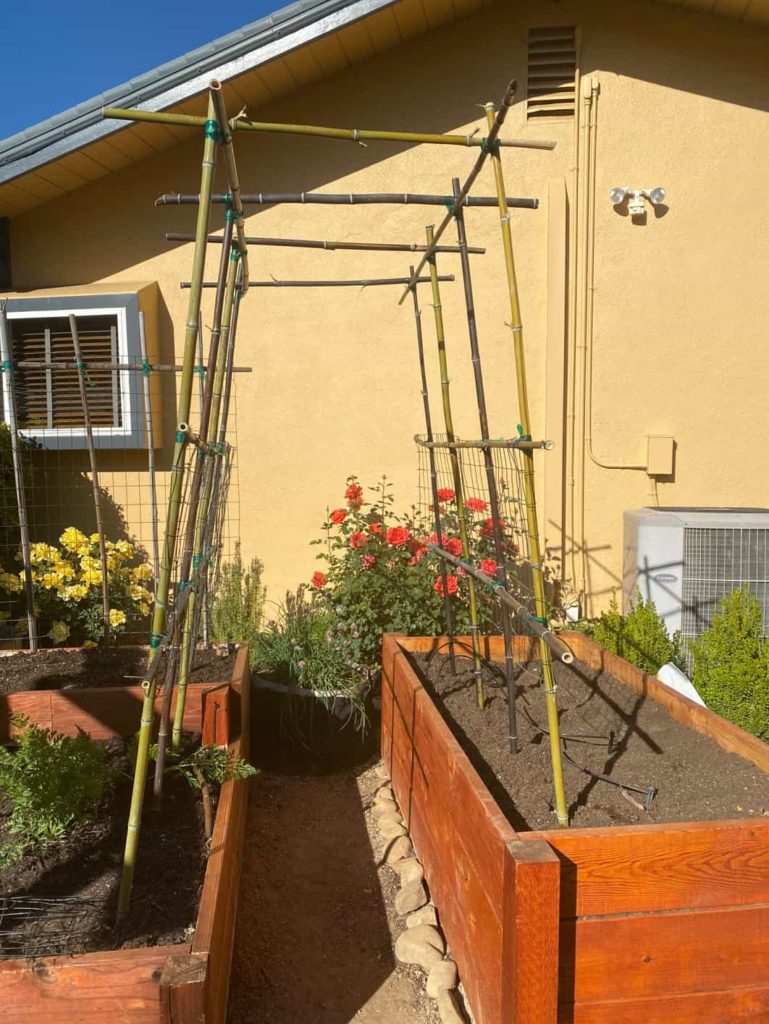
Use trellises and vine supports to grow your garden up rather than sprawling on the ground.
Cucumbers, tomatoes, and even cantaloupes can grow on a trellis. Choose pole beans instead of bush beans.
Gardening Tip #13. Birds are not your friends when it comes to your garden
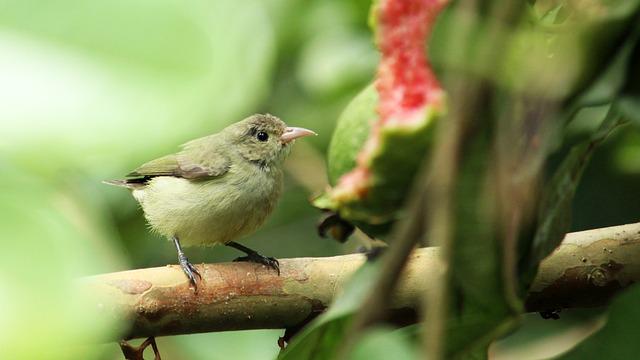
Birds who eat veggies seem to know exactly when to peck at the tomatoes, strawberries, and other veggies. If they would just peck one or two tomatoes that would be okay. Usually, they take a peck out of every tomato, strawberry, or grape that's close to ripe.
Try using Christmas shiny garland around the perimeter of the garden or on plants they especially like. Flags, pennants, pinwheels, or anything that moves in the wind works a bit. The problem is that the birds get used to one kind of deterrent and start ignoring it.
I've found these Agfabric garden net barriers work the best to protect vegetables, flowers, plants, and fruit trees from birds, moths, and insects while letting water, air, and sunshine get through.
Gardening Tip #14. Get Kids Involved

Children are more likely to eat veggies they have helped plant and grow. Big seeds, such as peas and beans, are easier for small fingers to handle.
Another option for children is seeds that sprout quickly and mature fast, such as radishes. Most children don’t like the spiciness of radishes. However, if you lightly cook sliced radishes that spiciness pretty much disappears.
Lettuces can be harvested by snipping with scissors when they are about four inches high and they'll grow back. You don't have to wait for the full head to mature. Small varieties of vegetables usually mature faster than large varieties. Keep in mind that the small varieties may have smaller fruits but the plants are about the same size as regular vegetables.
Gardening Tip #15: Late frost doesn't have to be a problem
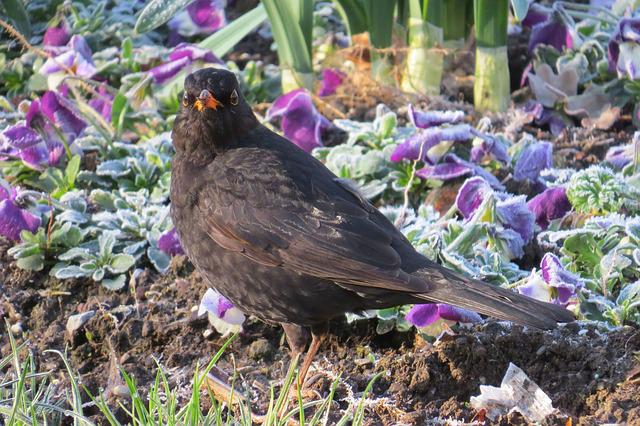
Save a few one-gallon plastic jugs. Cut off the top and place over frost-tender plants.
Another option is to fill the jugs with very hot water. Place next to the plants at sunset. The warmth of the hot water is just enough to keep the plant from freezing.
If you have regular Christmas lights, not LED lights – they don't get warm – drape them around and over the plant. For seedlings use glass jars over them.
Another frost preventative measure is bubble wrap. Drape over the plants and secure them so it doesn't blow off. IF you have a row of seedlings to protect. Bend branches into an arch, that's slightly taller than the plants. Secure the ends in the soil, then drape the bubble wrap over the arches.
#16. Create a mini greenhouse
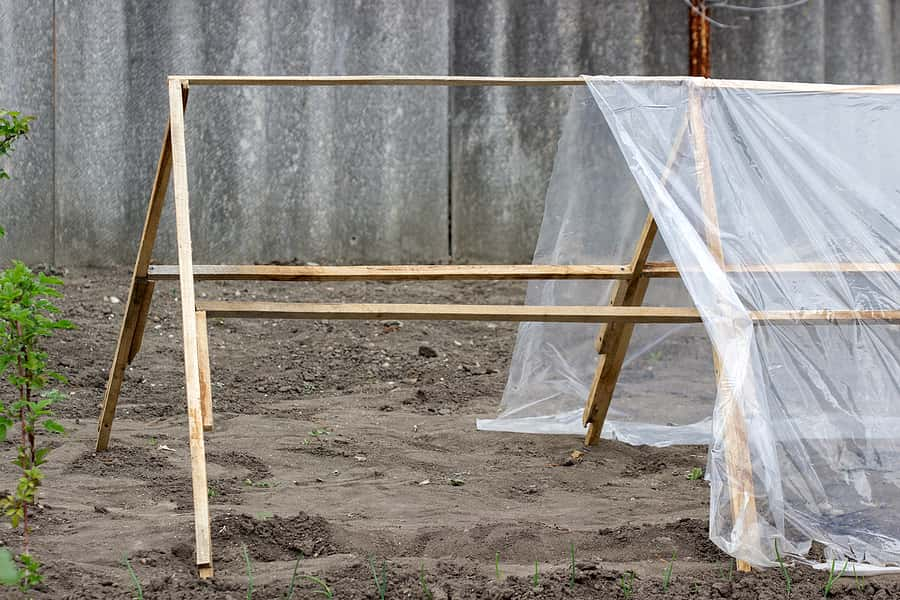
Have a sunny south-facing wall? Use it as a mini greenhouse. Build a 12-inch (more or less) border with rocks, old wood even piled up soil a few feet away from the wall.
Place seedlings in their little pots inside the border. At night, or on cold days, lay bubble wrap over the seedlings on top of the border. The bubble wrap shouldn't touch the seedlings.
#17: Get a fast start with your seeds
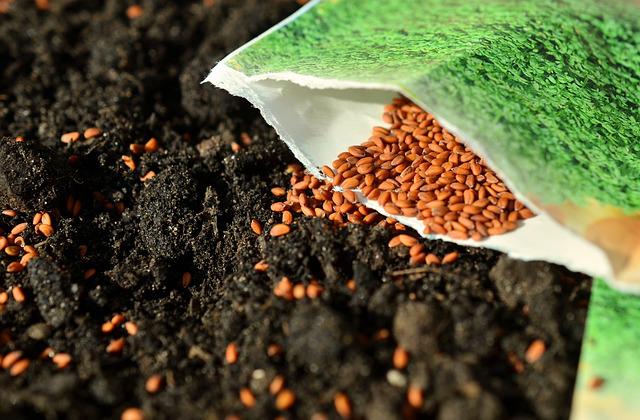
Accelerate germination by soaking the seeds overnight in water. Most seeds have a hard outer coating that has to soften for the embryonic plant inside to sprout.
Large seeds such as peas and beans can be placed in a baggie. Small seeds need a little extra help.
Dampen a paper towel. Place the seeds on the paper towel about an inch apart. Top with another paper towel. Dampen it with a spray of water. Place the towels in a baggie.
After they've soaked overnight, cut the paper towels so there is one seed per patch of the towel. Plant towel and all.
#18: Use what you have
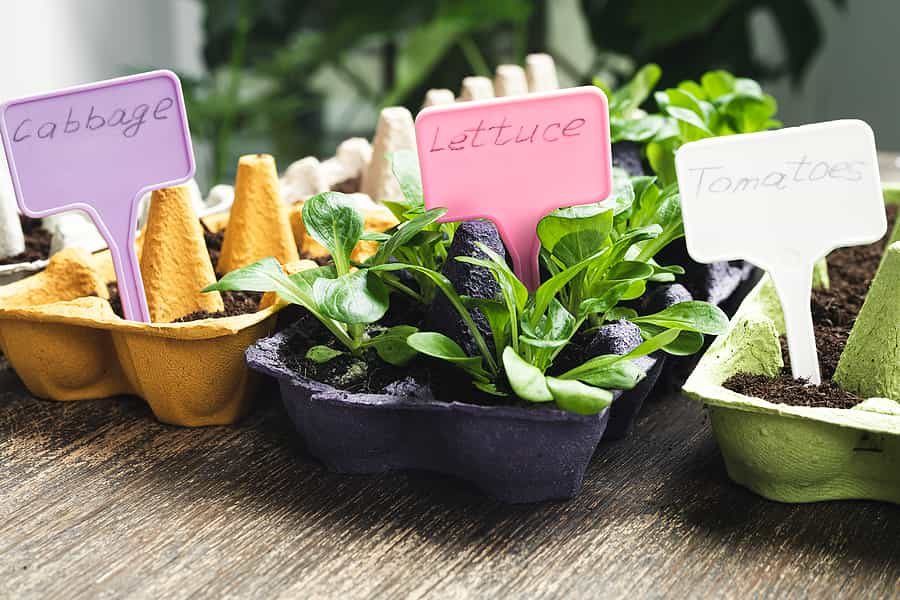
No need to buy expensive pots and planters. Use cut-down gallon jugs as pots. Just make sure you snip a drainage hole in the bottom.
Start seedlings in cut-down water or soda bottles.
Cardboard egg cartons might seem like a better choice because the cardboard is biodegradable and that's the problem. By the time the seedlings are ready to plant the cardboard is pretty much falling apart.
#19: Plant in unexpected places
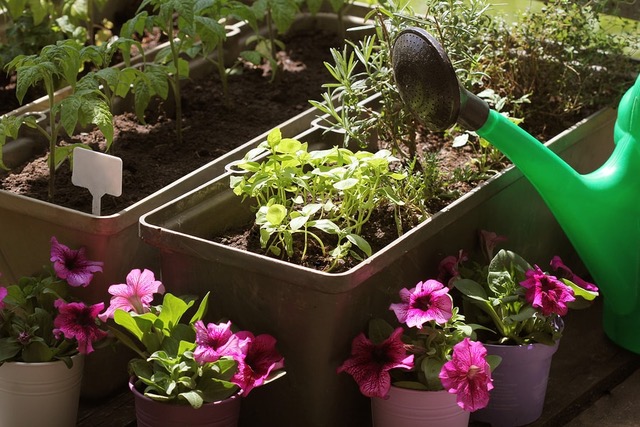 Don't overlook containers, side yards, patios, front porches, or even your front yard.
Don't overlook containers, side yards, patios, front porches, or even your front yard.
If you have a home owner's association, check the bylaws. You might be surprised that what you can plant that is visible outside your yard, is severely limited. One HOA forbid any plants that weren't on their list to be planted, either in the front yard or backyard. If the plant was taller than the fence around the backyard, it had to be ripped out.
#20. Don't assume because some parts of the vegetable plant are edible that the entire plant is edible
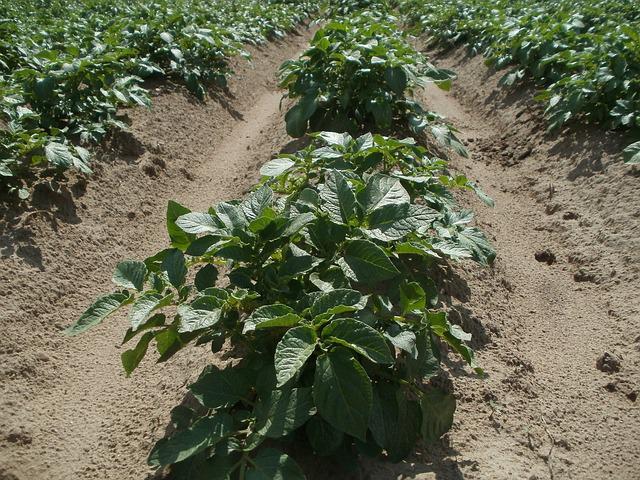
For Example, rhubarb stems are edible but the leaves are toxic. Fruits from tomatoes and eggplant are edible but not the stems and leaves. Potato tubers are edible: the plants, flowers, and fruit are not.
#21: Growing 100% organic can be difficult
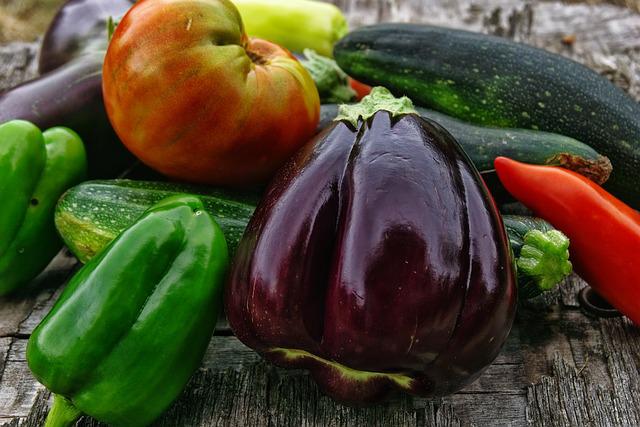
Growing organic doesn't mean any fertilizer, herbicides, or insecticides.
The final gardening tip for beginners to remember is that certified organic is a challenge because even the seeds you plant must have been produced by organic plants.
Organic is not the same thing as heirloom.
The ground you plant in must never have been contaminated with non-organic materials. If you are bound and determined to grow completely organic vegetables you'll need organic-certified soil and seeds.
